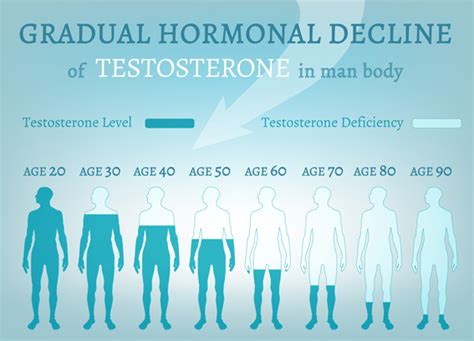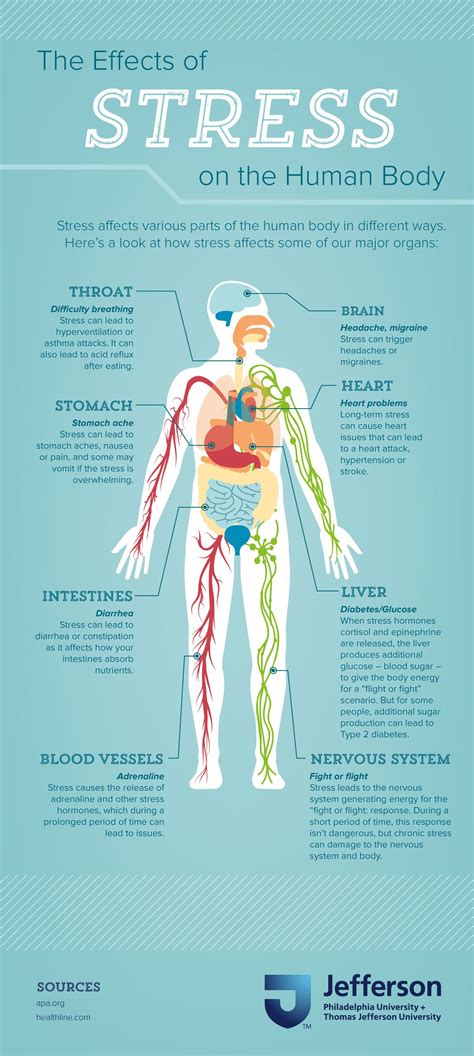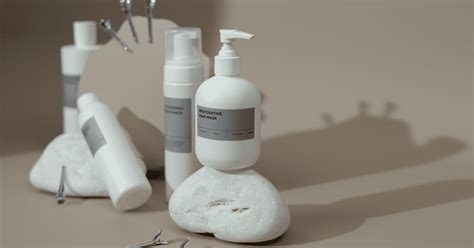What daily habits naturally optimize male hormone levels for peak drive?

Maintaining optimal male hormone levels is crucial not just for physical strength and libido, but also for mental clarity, energy, mood, and overall vitality. While many factors influence these delicate balances, particularly testosterone, a consistent routine of healthy daily habits can significantly and naturally optimize them for peak drive and well-being. Forget quick fixes; sustainable change comes from foundational practices.
Fuel Your Body Right: The Power of Nutrition
Your diet is perhaps the most fundamental pillar of hormonal health. It’s not just about calories, but the quality and composition of what you eat. Prioritize whole, unprocessed foods. Include ample healthy fats (avocados, nuts, olive oil, fatty fish) which are essential building blocks for hormones. Protein (lean meats, eggs, legumes) supports muscle maintenance and repair, crucial for testosterone production.
Crucially, focus on micronutrients: Zinc (found in oysters, red meat, pumpkin seeds) is vital for testosterone synthesis, and Vitamin D (from fatty fish, fortified foods, or sunlight) acts as a steroid hormone itself, with a strong correlation to testosterone levels. Avoid excessive sugars, refined carbohydrates, and trans fats, which can lead to inflammation and disrupt hormonal balance.

Move Your Body: Strategic Exercise
Regular physical activity is a powerful hormone optimizer. Specifically, incorporate strength training (lifting weights, bodyweight exercises) several times a week. Compound movements like squats, deadlifts, and bench presses stimulate the greatest hormonal response, including growth hormone and testosterone. High-Intensity Interval Training (HIIT) can also be beneficial.
However, balance is key. Chronic, excessive endurance exercise without adequate recovery can actually elevate cortisol (the stress hormone) and suppress testosterone. Listen to your body, prioritize recovery, and ensure your workouts are challenging but not debilitating.
Prioritize Rest: The Foundation of Recovery
Sleep is where your body repairs, rebuilds, and, importantly, produces and regulates hormones. Chronic sleep deprivation (
Establish a consistent sleep schedule, even on weekends. Create a relaxing bedtime routine, ensure your bedroom is dark, quiet, and cool, and limit screen time before bed. Poor sleep hygiene is a silent saboteur of hormonal health.

Manage Stress: The Cortisol Connection
In today’s fast-paced world, chronic stress is endemic. When you’re stressed, your body releases cortisol, which, in excess, directly inhibits testosterone production. Finding effective ways to manage stress is paramount for hormonal balance.
Incorporate practices like meditation, deep breathing exercises, yoga, spending time in nature, or engaging in hobbies you enjoy. These activities help shift your nervous system from ‘fight or flight’ to ‘rest and digest’, allowing your body to focus on hormone production rather than survival.

Embrace Sunlight: Natural Vitamin D
As mentioned, Vitamin D is crucial. The most natural and effective way to get it is through direct sunlight exposure. Aim for 15-30 minutes of unprotected sun exposure (depending on skin type and location) several times a week. This not only boosts Vitamin D but can also positively impact mood and circadian rhythms, both indirectly supporting hormone health.
Limit Environmental Disruptors and Toxins
Be mindful of what you expose your body to. Certain chemicals, known as endocrine disruptors (e.g., BPA in plastics, phthalates in personal care products, pesticides), can mimic or block hormones, negatively impacting your natural balance. Choose organic foods when possible, use glass containers, and opt for natural, chemical-free personal care products.
Additionally, excessive alcohol consumption can suppress testosterone, and smoking is detrimental to overall hormonal and reproductive health. Moderation and conscious choices are key.

Consistency is King
Optimizing male hormone levels for peak drive isn’t about grand gestures; it’s about the relentless consistency of these seemingly small daily habits. There’s no magic pill or overnight solution. By committing to a nutrient-dense diet, strategic exercise, quality sleep, effective stress management, and a mindful approach to environmental factors, you create an internal environment where your hormones can naturally thrive, leading to sustained energy, focus, and drive.










